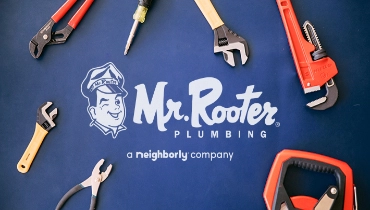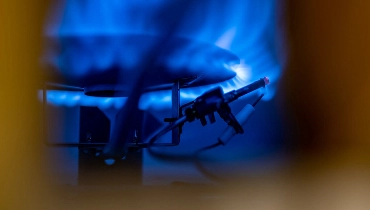Did you discover a giant pool of water by your water heater? Does your shower run out of hot water quickly and abruptly?
Learn moreOur Dallas Plumbing Blog
Shared Resources for Your Home Needs
All Blogs
Have you ever wondered how to effectively eliminate clogs? Dallas residents may be too familiar with this topic.
Learn moreDo you know the difference between maintenance and rehabilitation when it comes to pipes?
Learn moreSomething is wrong with your sewer pipes, but you don’t know what. Maybe you're hearing strange noises or smelling bad odors
Learn moreMost people don't spend much time thinking about where their hot water comes from. As long as warm water pours out of the faucet w
Learn moreBlog Categories
Let Us Call You
Blog Categories
About Mr. Rooter Plumbing

Since the original Mr. Rooter was founded in 1970, the company has remained committed to a set of core values that are rooted in performing quality work at honest prices. Nearly half a century later, the original Mr. Rooter business is still servicing homes and businesses in and around Oklahoma City. It’s still independently owned and operated with strong ties to the community that made it all possible.

